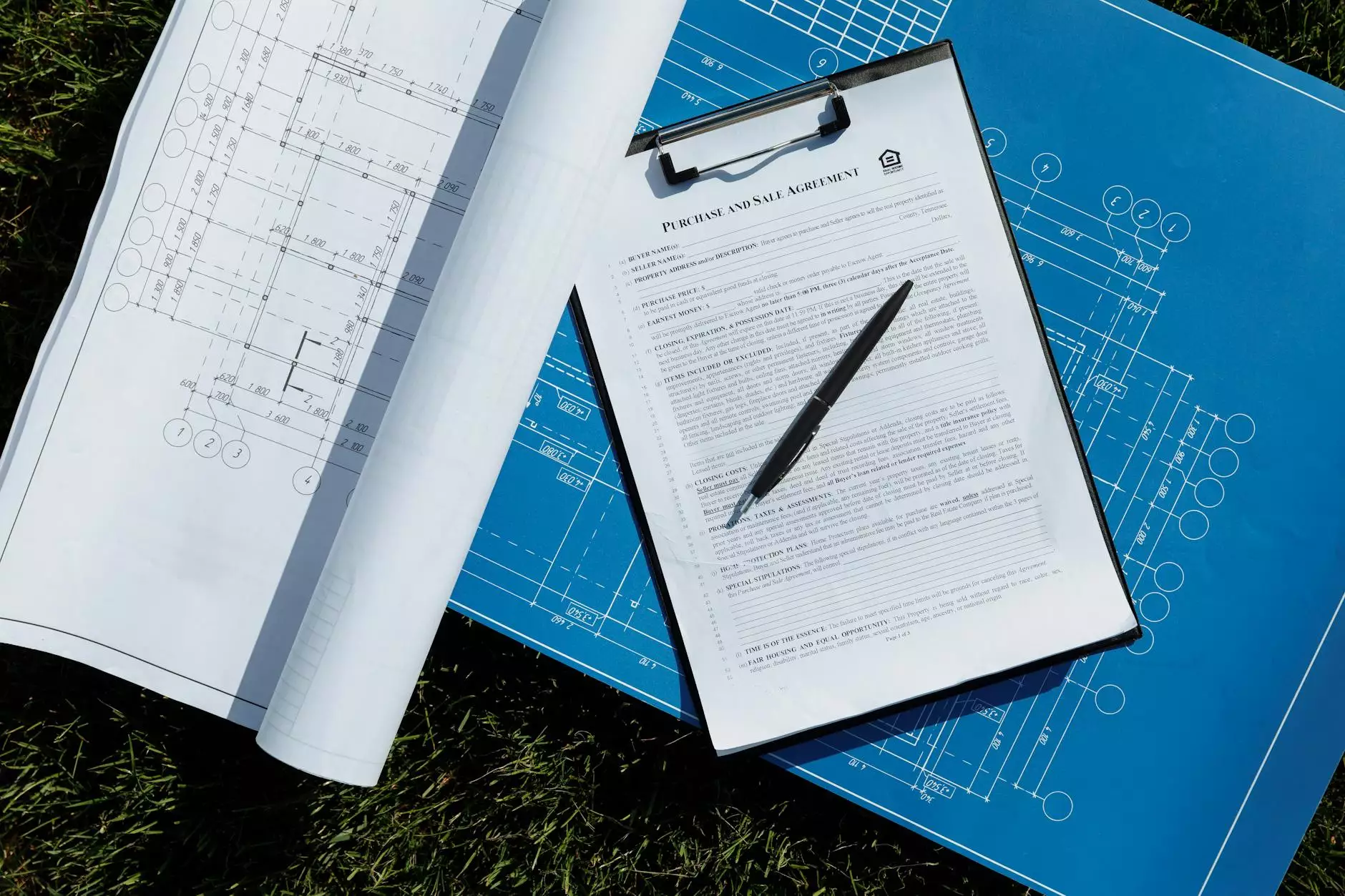AIA Contracts: The Fine Print
Blog
Introduction
Welcome to the insightful page on AIA Contracts: The Fine Print, brought to you by Jacques H Geisenberger, Jr PC - a trusted name in Business and Consumer Services - Consulting & Analytical services. In this comprehensive guide, we will take a deep dive into the world of AIA contracts, shedding light on their importance, key elements, and the critical factors to consider when dealing with them.
Understanding AIA Contracts
AIA contracts, developed by the American Institute of Architects, play a fundamental role in the construction industry. These contracts serve as legally binding agreements between multiple parties involved in a construction project, including owners, architects, contractors, and subcontractors. Their primary purpose is to establish clear expectations, define responsibilities, and mitigate potential risks.
It is crucial to comprehend the intricacies of AIA contracts to ensure a smooth and successful project execution. Jacques H Geisenberger, Jr PC specializes in guiding clients through AIA contracts, offering expert insights and comprehensive support to navigate the fine print.
The Importance of AIA Contracts
When embarking on a construction project, having a well-drafted AIA contract in place is crucial for all involved parties. These contracts bring numerous benefits, such as:
- Clear Communication: AIA contracts provide a framework for transparent communication between parties by outlining specific obligations, responsibilities, and project milestones.
- Risk Mitigation: With detailed provisions and clauses, AIA contracts help identify and manage potential risks, ensuring all parties are adequately protected.
- Dispute Resolution: By including dispute resolution mechanisms, such as mediation or arbitration clauses, AIA contracts streamline the resolution process, minimizing delays and preserving professional relationships.
- Legal Compliance: AIA contracts ensure compliance with applicable laws, regulations, and industry standards, safeguarding the interests of all stakeholders.
Key Elements of AIA Contracts
AIA contracts are comprehensive documents comprising multiple sections and clauses. Let's explore some of the key elements that are typically found in these contracts:
1. Parties Involved
Every AIA contract begins by clearly identifying the parties involved in the agreement. This includes the owner, architect, contractor, and any other critical stakeholders. Accurately specifying these parties helps avoid confusion and ensures everyone understands their roles and responsibilities.
2. Scope of Work
The contract should lay out the specific scope of work to be performed, providing a detailed description of the project. This section typically includes architectural plans, engineering specifications, and any other relevant project documents. It serves as a blueprint for all parties involved, preventing misunderstandings and scope creep.
3. Contract Price
The contract price is a critical element that outlines the agreed-upon compensation for the services rendered. This section defines the payment terms, schedule, and any additional costs or contingencies. Ensuring clarity around the contract price helps avoid disputes and financial complications during the project.
4. Schedule and Milestones
A well-defined project schedule with clear milestones is crucial in managing expectations and ensuring timely completion. AIA contracts include provisions for establishing project timelines, completion dates, and any related penalties or bonuses for meeting specific milestones. This helps maintain accountability and progress tracking throughout the construction process.
5. Change Orders
Invariably, changes occur during the course of a construction project. AIA contracts include provisions for change orders, allowing for modifications to the original contract terms. This section outlines the process for documenting and approving change orders, ensuring transparency and consensus among all parties involved.
6. Insurance and Bonding
To safeguard all stakeholders, AIA contracts typically require contractors to carry adequate insurance coverage and bonding. These provisions protect against potential liabilities, property damages, and ensure compliance with legal and contractual requirements.
Jacques H Geisenberger, Jr PC: Your Trusted Partner
With their extensive experience in Business and Consumer Services - Consulting & Analytical services, Jacques H Geisenberger, Jr PC is your trusted partner in navigating the complex world of AIA contracts. Their team of experts is well-versed in the nuances of AIA contracts and can provide invaluable guidance tailored to your specific needs.
From contract review and negotiation to ongoing project support, Jacques H Geisenberger, Jr PC understands the importance of getting the fine print right. With their knowledge and expertise, you can navigate AIA contracts with confidence and ensure your project's success.
Conclusion
Having a solid understanding of AIA contracts is essential for anyone involved in the construction industry. These contracts serve as the foundation for successful projects, providing clear guidelines and mitigating potential risks.
Jacques H Geisenberger, Jr PC, with their extensive expertise in Business and Consumer Services - Consulting & Analytical services, is your go-to resource for navigating AIA contracts. Their commitment to excellence and attention to detail make them the ideal partner to ensure your project's success.
Trust Jacques H Geisenberger, Jr PC to guide you through the fine print and enable you to make informed decisions that lead to seamless project execution.




